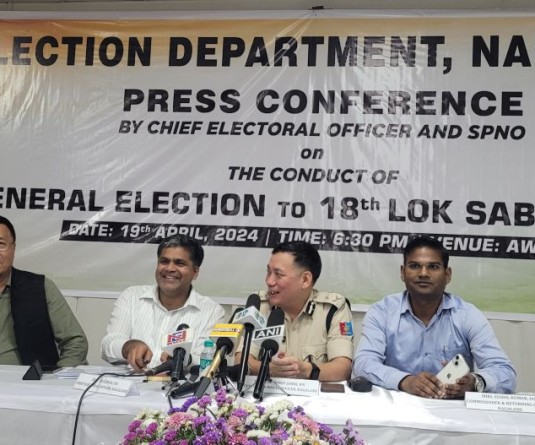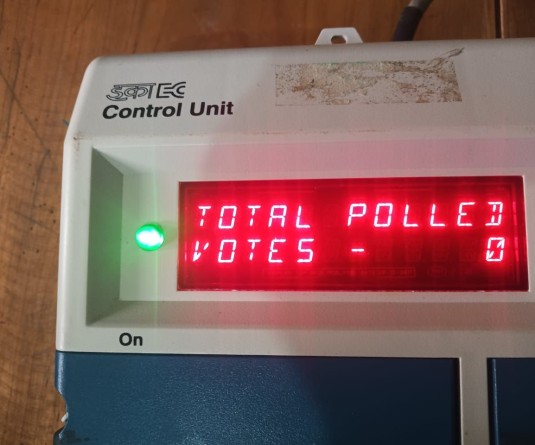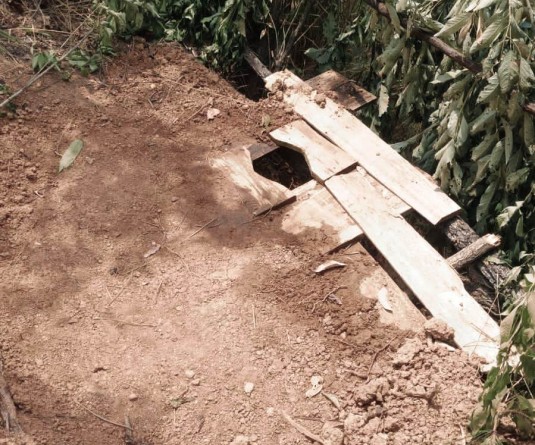
Morung Express News
Dimapur | August 13
Where does Naga Nationalism in the 21st century locate itself from its base? Seeking answers and to hold dialogue on this topic, several Naga social thinkers, research scholars, college students, media and interested people turned up for the fifth in the series of The Morung Lectures at Elim Hall, DABA, here today.
The Lecture took varied connotations as the participants commented and posed questions extensively on the theme. While many of the participants expressed the desire to explore the meaning and possibilities of a ‘new Naga Nationalism’, there were also many more that preferred to focus on issues like ‘sovereignty’, ‘past history’ and ‘solutions to the present Naga political issue’.
More importantly, an inter-generational dialogue took shape at this intense session, which was perhaps what most of the participants were hoping for. Social thinkers Niketu Iralu and Dr. Visier Sanyü and many other senior leaders were also present and actively participated and engaged in pressing dialogues, especially with the younger participants.
Expressing excitement to address the topic ‘Nagas: Contemporary Nationalism,’ Rev. Dr. Wati Aier, who was the main speaker professed that in the contemporary world, nationalism has not faded, and many are turning to ethnicity and searching for new anchors to ground their identities and political loyalties. In the modern context this is a revolutionary political paradigm: that, elements of “new nationalism” are imagined.
First of all, he stressed that Nationalism without an identity is empty. And all identities are unique and the uniqueness of the Nagas and their history should never be at the expense of the other because an identity is always defined only in relation to the other. So to have identity is to have a boundary but these boundaries must be permeable.
He also pointed out the necessity to think of a ‘new Naga Nationalism’ which should contain “realistic and relevant” deconstruction. Naga nationalism must sort out nationalistic idealism vis-à-vis national construction.
He also said that nationalism can become a “blinding curse” to those who accept it “uncritically.” This, he argued, tended to be more successful in idealistic nationalism that is, imagined nationalism, nostalgia, jingoism, etc. than in the task of national construction that is, policy, process, the building of effective Naga institutions that will lead to social/cultural cohesion. In our case, nationalism has been more successful in building parties rather than fundamental changes in the life of the Naga society. Ironically, some “nationalists” have been political beneficiaries of a process which they have “not created nor accepted.” In general they have not come to grips with the fundamental productive forces of their history. We must, without delay, begin to “transform the cult-like objects charged with emotional overtones into a more logical-rational approach with form and content,” asserted Dr. Wati.
The Nagas in contemporary nationalism needs national leaders and movements of deeper realism and greater stature, if the Naga people are to outgrow the present age of idealistic nationalism. Today, from a viewpoint of democracy, genuine freedom and development within the Nagas should be preferable to stagnation.
Although it is true that Nagas have reached back in history to find past memories and concepts that offer us credibility, these should not be efforts to resuscitate old ideas from the past if they do not meet present needs. In our case, he felt that nationalism has been more successful in building parties rather than fundamental changes in the life of the Naga society.
“We must without delay, begin to transform the cult-like objects charged with emotional overtones into a more logical-rational approach with form and content.”
Stating that nationalism may have may have grouped people apart from each other, but at the same time, it is preparing the Nagas, and perhaps in part has already prepared them, for a unity than has ever been.
More importantly, the Nagas in contemporary nationalism need national leaders and movements of deeper realism and greater stature, if the Naga people are to outgrow the present age of idealistic nationalism.
“Today, from a viewpoint of democracy, genuine freedom and development within the Nagas should be preferable to stagnation,” he said.
Therefore, he called upon the Naga thinkers, leaders and conscientious people and reminded that if we withdraw from our responsibility of working towards a just society, we will rob it of its power.
He stated, “A great Naga potential is here. Our interests have more in common than our petty differences. Let us not destroy our identity, our Naga identity- something that is worth making scarifies and living for.”
Discussion
The dialogue and discussion that followed the Lecture saw many perspectives being shared by the older, middle aged and younger generations. Peace activist Niketu Iralu, while stating that “our ancestors” have taken the right stand in the Naga national outlook, he acknowledged that there is not much more the Government of India can do any more than it already has. “It is now time for the Naga people to reach out to the people of India,” he asserted.
Naga intellectual Dr. Visier Sanyü drew analogy to weaving. He explained how the Naga national cloth today stands divided into many different pieces, and the youth must find a way to weave a new piece of cloth with a new loin loom, while also incorporating the existing different pieces of cloth.
A number of young people also spoke during the discussing, wondering how the ideas and spirit of Naga nationalism can be brought forward in practical, as well as theoretical and lived, ways to the next generation.
The answer to this could be found in a process Dr. Wati described as “national construction” where socio-political structures of the nation are built and strengthened in a way that knowledge can be passed on and shared.
‘Nationalism has not disappeared’
Contrary to what many may have predicted over the past century, nationalism has not disappeared. It has re-emerged and re-interpreted itself in a way never imagined before.
Editor of The Morung Express, Dr. Aküm Longchari, said this in his concluding remarks following a long discussion among the participants of today’s Morung Lecture.
“Peoples, not states, are the carriers of nationalism and sovereignty,” he reminded. However, various nationalist movements, as also the Naga peoples’, got caught up with the Westphalian Nation-State “world order,” which delegitimizes peoples of unrecognized nations. Through this lens (of legality), national movements became ethnic movements, and peoples were converted into Scheduled Tribes.
In order for sovereignty and self determination to take shape, then, “we have to first be clear whether the Nagas are a peoples or Scheduled Tribes—these lines have global and political implications,” noted Dr. Longchari. For this to develop, dialogue, particularly between generations, is an essential.





